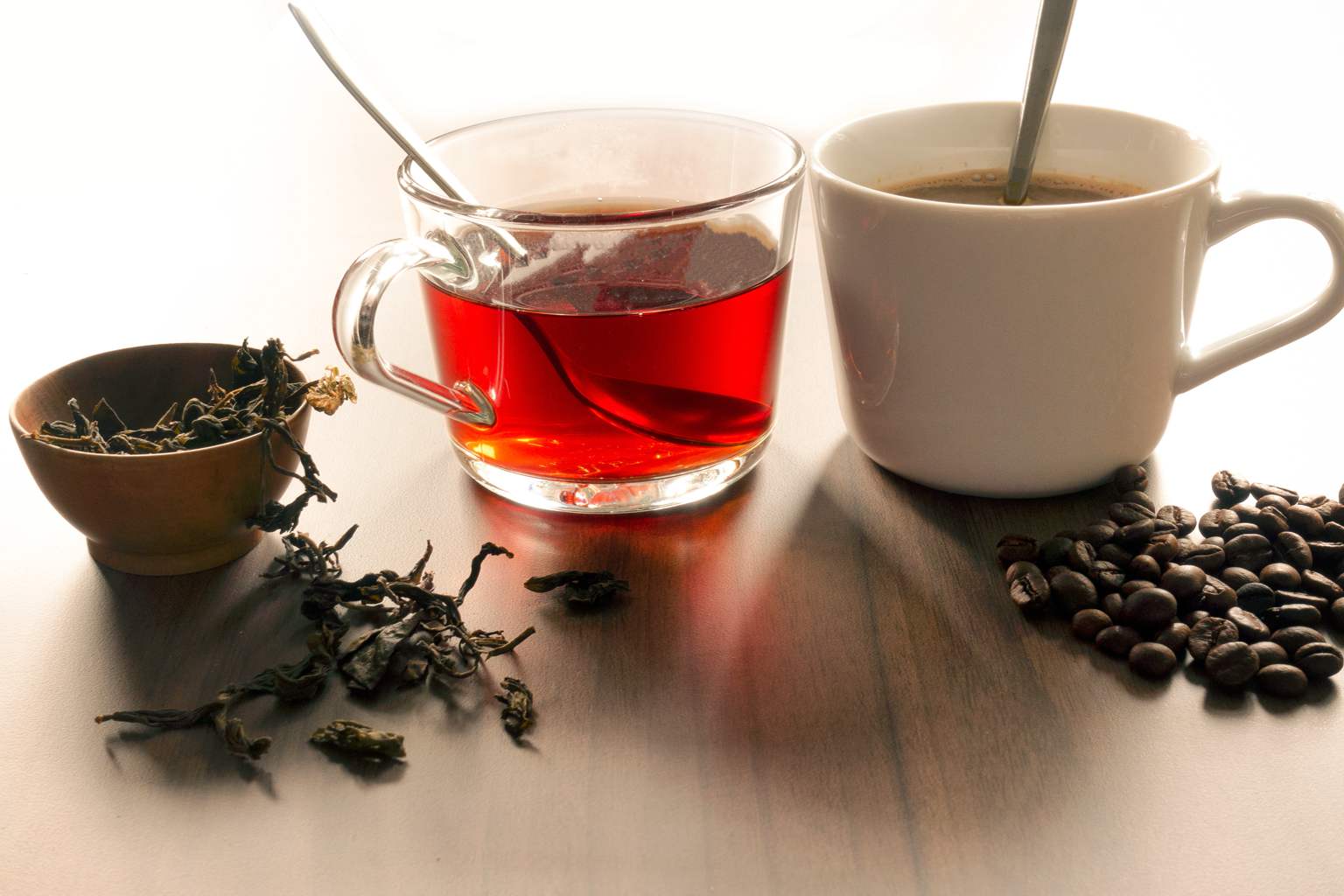Water is often hailed as the ultimate healthy drink, but what about everything else we sip on throughout the day? Harvard University has shed light on this very topic, revealing that alongside water, only two drinks hold the crown for being truly healthy for daily consumption. Could your everyday beverage choices be doing more harm than good?
The findings come from a research team at Harvard’s School of Public Health, who sifted through mountains of scientific data about hydration, nutrition, and health impacts. Their verdict? When it comes to quenching thirst without compromising your well-being, only coffee and tea make the cut. Everything else—from sugary sodas to processed juices—falls short and could even undermine your health.
Why coffee stands out for brain and heart health
If you’re a coffee lover, here’s some great news: Harvard’s research highlights how moderate coffee consumption can be a potent ally for your health. Drinking between three and four cups a day, as long as it’s without added sugars or heavy cream, delivers a rich dose of antioxidants and flavonoids, compounds known to protect the brain against degenerative diseases like dementia.
What’s personally interesting about this is how coffee doesn’t just jolt your alertness—it helps sustain it. This supports sharper focus and better concentration throughout your day. The research also pointed out that decaffeinated coffee might be a good alternative for those sensitive to caffeine without sacrificing its health benefits.
However, there’s one piece of advice that stands out: don’t overdo it. Too much caffeine can lead to side effects such as rapid heartbeat, insomnia, and nervousness. I recall late nights when I unintentionally overindulged in coffee; the jitters and restless sleep made me rethink my consumption habits pretty quickly.
Tea’s global appeal and heart-health benefits
Tea might be second to water in global popularity, but Harvard’s findings underscore its impressive health reputation. Drinking two to three cups of tea daily helps keep you hydrated while delivering compounds that can significantly lower the risk of heart disease and even reduce your chances of premature death.
There is a caution, though: very hot tea can increase the risk of stomach cancer, so it’s wiser to sip when it’s warm rather than scalding. The variety of tea—green, black, or white—each brings a subtle range of antioxidants to the table, making it easy to find one you enjoy while supporting your health.
The study also calls attention to the less healthy choices that sneak into many people’s diets. Sugary drinks, processed fruit juices, and certain milk products—especially those laden with extra sugars and fats—should be limited. It’s recommended to keep natural fruit juice intake to about one 8-ounce glass per day and to be mindful of milk portions due to fat content and additives in some commercial brands.
Rethinking your daily drink choices for better health
What I found striking—and a lesson I’ve tried to take to heart—is how easy it is to overlook what we’re drinking every day. At one point, I swapped my afternoon coffee for sugary sodas without even thinking, only to feel less energetic and more sluggish. The Harvard study reminded me just how important it is to stick to drinks that truly nourish our bodies.
Simple, enjoyable, and backed by science: coffee and tea alongside water could reshape the way we hydrate. And being a bit more mindful could have a surprising impact on long-term health outcomes. Would you consider replacing that next soda or sugary coffee drink with a plain cup of coffee or tea?
I’m curious—what’s your go-to drink, and have you ever thought about the health impacts behind it? Share your thoughts and experiences below. Your story might inspire someone else to sip smarter!

I am a heart patient and I love coffee. However I had to give up because if I drink even once in a while (decaf) my arrhythmia kicks in, the heart beat is so rapid that I am forced to think..no more coffee!